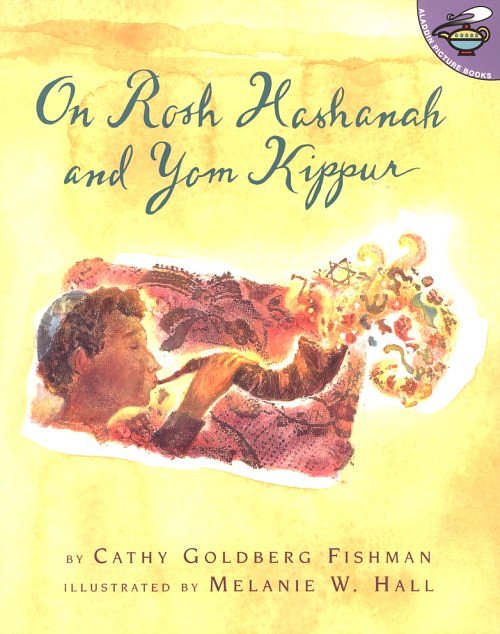We've been studying about Rosh Hashanah and Yom Kippur this week. The shofar is used mainly on Rosh Hashanah and Yom Kippur. On Rosh Hashanah, the shofar gives one long, loud blast, then three medium, wailing blasts, and finally nine short blasts. At the end of the service on Yom Kippur, the shofar is blown again to mark the east of fasting. Information was taken from

Rabbi Lawrence Goldmark of Temple Beth Ohr explains the significance of the shofar during Rosh Hashanah and the High Holy Days.
Examples of the shofar blasts
Here's the shofars we made
Playing the shofar

Psalm 150:3 (King James Version)
Praise him with the sound of the trumpet:
praise him with the psaltery and harp.
According to Strong's Concordance: trumpet is translated from showphar sho-far' or shophar {sho-far'}; from 8231 in the original sense of incising; a cornet (as giving a clear sound) or curved horn:--cornet, trumpet.

Rabbi Lawrence Goldmark of Temple Beth Ohr explains the significance of the shofar during Rosh Hashanah and the High Holy Days.
Examples of the shofar blasts
Here's the shofars we made

Playing the shofar

Psalm 150:3 (King James Version)
Praise him with the sound of the trumpet:
praise him with the psaltery and harp.
According to Strong's Concordance: trumpet is translated from showphar sho-far' or shophar {sho-far'}; from 8231 in the original sense of incising; a cornet (as giving a clear sound) or curved horn:--cornet, trumpet.

2 comments:
I think Miriam is just eating hers. Funny! This is pretty interesting though. We'll see you tomorrow (or really early Friday morning). Love ya!
If anyone wants to learn more about the Shofar, they should visit thegreatshofar.com.
Post a Comment